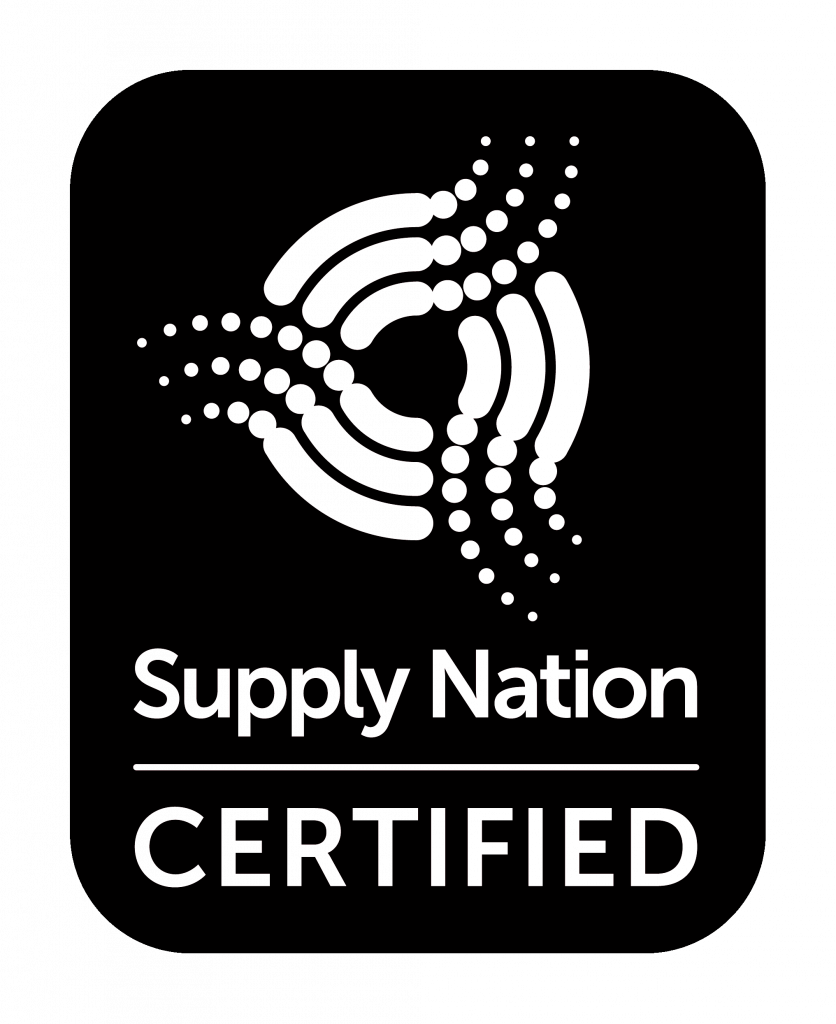A Voice to parliament explained, including common myths and misconceptions that create confusion within the Australian community.
Dismantle the myths and have your concerns addressed one by one, without judgement.
The Voice is an opportunity to make policies with Aboriginal and Torres Strait Islander peoples, rather than for Aboriginal and Torres Strait Islander peoples. Enshrining the Voice into the Constitution will better protect its use and its responsibilities to government. It will create a formal relationship between First Nations people and the government.
Addressing the myth:
The Voice is Albanese’s Voice
Addressing the myth:
The Voice will be like ATSIC
Addressing the myth:
The Voice is Permanent and Risky
Addressing the myth:
Is the Voice Divisive?
What is a Voice to parliament (the Voice)?
The Voice is a body that will provide advice to government. It will provide advice only on the matters that affect them, not matters that affect all Australians. And so it is an opportunity for government to make policies with Aboriginal and Torres Strait Islander peoples, rather than for Aboriginal and Torres Strait Islander peoples. The ‘Voice’ will create a mechanism for First Nations peoples to work in partnership with the government, make decisions and deliver solutions together. It is a practical action that will result in a path where First Nations peoples can take responsibility for their futures and help government to make more informed decisions.
How will the Voice work?
The Voice will provide advice to the government on matters that affect the social, spiritual and economic wellbeing of Aboriginal and Torres Strait Islander people. The Voice will function similarly to the Productivity Commission, the Australian Bureau of Agricultural, Resource Economics and Sciences, and Parliamentary Committees. The Voice will not have the power to initiate, reject or pass bills.
What’s the proposed amendment to the constitution?
“Chapter IX Recognition of Aboriginal and Torres Strait Islander Peoples
129 Aboriginal and Torres Strait Islander Voice
In recognition of Aboriginal and Torres Strait Islander peoples as the First Peoples of Australia:
There shall be a body, to be called the Aboriginal and Torres Strait Islander Voice;
The Aboriginal and Torres Strait Islander Voice may make representations to the Parliament and the Executive Government of the Commonwealth on matters relating to Aboriginal and Torres Strait Islander peoples;
The Parliament shall, subject to this Constitution, have power to make laws with respect to matters relating to the Aboriginal and Torres Strait Islander Voice, including its composition, functions, powers and procedures.”
For more information, please read the article Next Step Towards Voice Referendum: Constitutional Alteration Bill | Prime Minister of Australia (pm.gov.au) at the Prime Minister’s website.
Most common myths and misconceptions:
As arguments for and against the Voice continue to grow, a range of myths and misconceptions are beginning to emerge. In order to understand the innate value of a Voice, it’s important to understand its true intentions. And to do so, we set out to clarify the facts, from the fallacies by providing clarity around the top 8 most common myths and misconceptions that surround it.
Myth 1. There is no detail on the Voice
Myth 2. A Voice is a third chamber of parliament
Myth 3. Not all First Nations people support the Voice
Myth 4. A Treaty vs a Voice to parliament
Myth 5. A single entity can’t support all First Nations peoples
Myth 6. We don’t have a role to play
Myth 7. Aboriginal people will be given too much power to make laws and the way in which Australia is governed
Myth 8. What happens if I vote no?
It’s time to build a better future for First Nations peoples
Remember, in the Referendum, you’re being asked if you agree – or disagree – to establish an entity to inform government. So let’s celebrate the key milestones in our reconciliation journey. And let’s congratulate ourselves, on what we’ve achieved so far. Let’s take an unapologetic, brave stance on this referendum, to propel us further and faster, towards a reconciled nation by saying YES.
© 2023 Arrilla Indigenous Consulting Pty Ltd. All rights reserved | ABN: 55 606 241 203 | ACN: 606 241 203
View our Terms of Use, Privacy Policy and Accessibility Commitment
Arrilla acknowledges the Aboriginal and Torres Strait Islander peoples as the First Peoples of Australia. We pay our respects to Elders past, present and future.
Site by I-Nex
